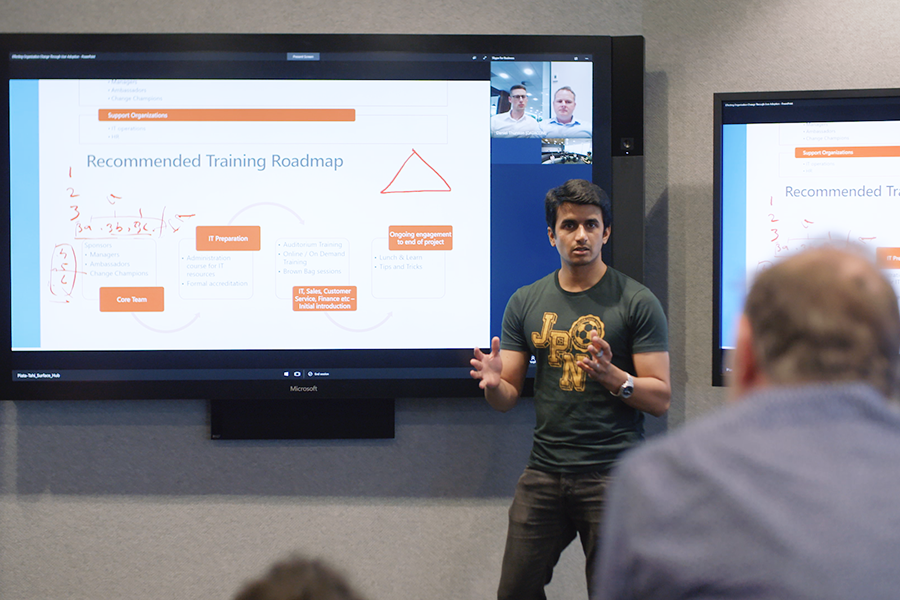Do you have a question? Want to learn more about our products and solutions, the latest career opportunities, or our events? We're here to help. Get in touch with us.
Do you have a question? Want to learn more about our products and solutions, the latest career opportunities, or our events? We're here to help. Get in touch with us.
We've received your message. One of our experts will be in touch with you soon.

The term ’deployed in the cloud’ is not new. In fact, it’s been talked about since the 1960s, with cloud computing gaining popularity in the late 1990s and becoming the norm in the mid-2000s.
What did we do before the cloud? The options were limited to deploying and accessing our business systems on our own internal network or utilising the services of a bureau, which owned and operated computers and then gave companies remote access. The business options these days are far more varied. Companies need only the internet to access office, email, security, financial and CRM (customer relationship management) software, and data storage.
This trend, however, is not the norm when it comes to the most important business system: payroll. During the COVID-19 outbreak, we have seen on a global scale how important cloud computing is. Business systems that were either not deployed in the cloud or relied on staff to be onsite to access them, or in some cases both, were not available as staff could not perform their duties while working remotely.
Most payroll companies recognised the dilemma their customers faced and started offering their on-premise customers a move to the cloud. This enabled payroll staff to continue processing payroll remotely.
The depth of systems offered in the cloud, as well as the number of payroll options that could be deployed to the cloud, seemed limitless.
COVID-19 has changed, and is continuing to change, our world. The new ‘normal’, which includes compliance with new government laws and regulations, government assistance programmes, and fluid and evolving workplace environments where staff can work from anywhere, at any time and on any device, is incontrovertible proof that cloud computing provides the very best in security and flexibility.
Payroll is an essential service. Paying staff on time and the management of employee information is as critical as business agility, cost management and payroll compliance. If navigating a government’s payroll legislation changes, during a pandemic or otherwise, is causing workload and compliance pressure, then a true cloud solution is the most impactful and manageable action you can take.
Talk to the Datacom Payroll compliance and cloud team for support of your workplace's most critical function.